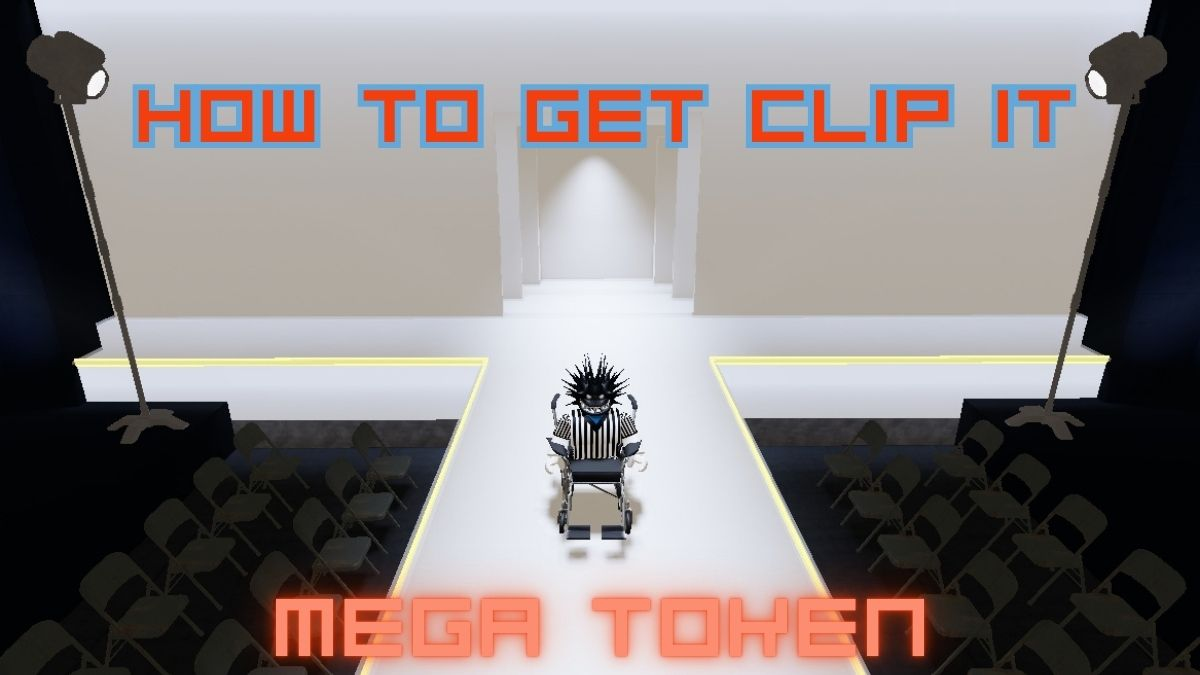
It's hoped that a successful appeal will allow Internet Archive to restore its full listing and continue lending the books.
The Open Library project, run by the Internet Archive, has suddenly become considerably smaller, at least in terms of the number of e-books it’s able to lend to people around the world. After a US district judge ruled in favour of publishing companies suing the Internet Archive for breach of copyright, the organization had no choice but to remove access to over 500,000 books for the vast majority of its users.
In a post on its site, the Internet Archive calls the decision a “devastating loss” (via Ars Technica) and is in the process of appealing the ruling in order to return access to all users. The organisation claims that the service does not impact e-book revenue nor does it breach any particular law. At the moment, patrons with print disabilities are still able to borrow digital copies of the books in question.
Founded in 1996, the Internet Archive is perhaps best known for its first digital record of history, Wayback Machine. With over 800 billion web pages stored since its inception, the nonprofit service is perfect for seeing how the web has changed over the decades. Over time, the Internet Archive added more projects, keeping records of software, games, video, and digital scans of published materials.
The latter ultimately spawned the Open Library in 2006, with purchased books being offered on loan as e-books, under a system of controlled digital lending (CDL). This method is employed by many public and academic institutions to lend books to people who would otherwise not be able to borrow a physical copy, due to location or physical restrictions.
However, in 2020, four of the largest publishers—Hachette, HarperCollins, Wiley, and Penguin Random House—sued Internet Archive, claiming that the organization’s actions were impacting the publishers’ e-book licencing revenue and that the Internet Archive was breaching copyright law.
In a 2022 interview with Publishers Weekly, Maria Pallante, president and CEO of the Association of American Publishers, said that CDL is “a baseless justification for infringement and antithetical to both copyright law and common sense. The law is clear that formats are distinguishable, meaning that no one may distribute digital bootlegs of tangible copies, whether they are ripping hardcover books, vinyl albums, or compact discs.”
Two months ago, a New York district judge ruled in favour of the publishers, dismissing the Internet Archive’s claims that the lending of books in a digital format, falls under first-sale and fair use laws. Although the plaintiffs comprised four publishers, around 40 other publishers were also covered in the lawsuit, and the judge’s decision resulted in the removal of access to more than 500,000 books in the Open Library database.
(Image credit: Future)
Best CPU for gaming: The top chips from Intel and AMD.
Best gaming motherboard: The right boards.
Best graphics card: Your perfect pixel-pusher awaits.
Best SSD for gaming: Get into the game ahead of the rest.
If the appeal is unsuccessful, it’s almost certain that other publishers may also consider taking legal action against the Internet Archive, as its e-book database currently hosts over one million books and other published materials.
Chris Freeland, the director of library services at Internet Archive, wrote in a blog last week that “[t]he potential repercussions of this lawsuit extend far beyond the Internet Archive. This is a fight for the preservation of all libraries, and the fundamental right to access information, a cornerstone of any democratic society.”
The views of the publishers on that particular matter are unknown but one thing is clear: Those companies are going to fight tooth and nail to ensure that all e-book libraries continue to pay licensing fees for all their published works.






